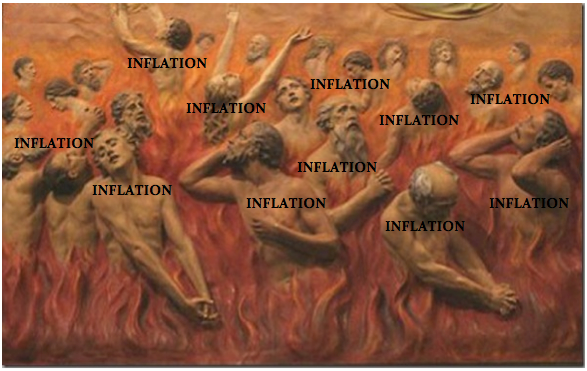By William K. Black
March 24, 2016 Bloomington, MN
Representative Nancy Pelosi has just written the latest effort by a prominent Democrat to bash Republicans for the high crime of not being financially illiterate. The Republicans are frequently financially illiterate on budget issues and they bash Democrats for the high crime of not being financially illiterate. The leaders of both parties share the hypocrisy of bashing the rival party for supporting budgetary stimulus in circumstances in which stimulus is vital. Particular forms of budgetary stimulus can be simultaneously desirable (relative to austerity) and inferior relative to alternative forms of budgetary stimulus. The Republican‘s favored form of budgetary stimulus – large tax cuts for the wealthy – is a remarkably inefficient means of providing stimulus that makes income inequality worse. Those two points are the correct bases for criticizing their proposed tax cuts. Far too many Democrats, however, cannot pass up the political opportunity to bash the Republicans for supporting stimulus when further stimulus is vital. When Democrats like Pelosi launch these myth-based political attacks on Republican stimulus programs they help to enshrine economically illiterate austerity policies that make it even harder for Democrats to make the case for stimulus even when it is essential.












